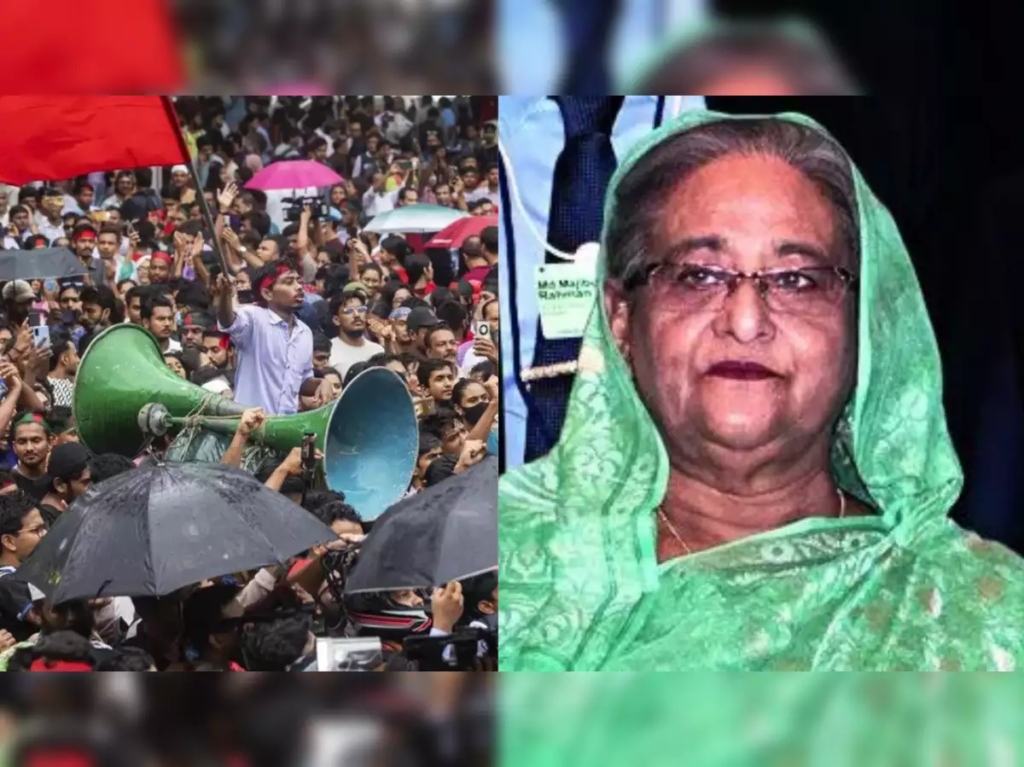The Resignation of Prime Minister Sheikh Hasina and the Military Takeover in Bangladesh
The political landscape of Bangladesh has been dramatically altered with the resignation of Prime Minister Sheikh Hasina and the subsequent military takeover. This event marks a significant turning point in the nation’s history, raising questions about the future of democracy and stability in Bangladesh.

Background
Sheikh Hasina, a prominent figure in Bangladeshi politics, has served as the Prime Minister for 15 years. Her tenure has been marked by both economic growth and political controversy. The recent unrest, which began as protests against a government job quota system, escalated into widespread demands for her resignation.
The Resignation
Amid escalating violence and mass protests, Sheikh Hasina resigned and fled the country. Reports indicate that her official residence was stormed by protesters, leading to a chaotic and dangerous situation. The resignation came after weeks of violent clashes between protesters and security forces, resulting in numerous casualties.
Military Takeover
Following Hasina’s resignation, the military, led by General Waker-uz-Zaman, took control of the government. The military declared a state of emergency and imposed a curfew in an attempt to restore order. This move has been met with mixed reactions, with some viewing it as a necessary step to stabilize the country, while others fear it could lead to further authoritarian rule.
Implications for Bangladesh
The resignation of Sheikh Hasina and the military takeover have significant implications for Bangladesh. The immediate concern is the restoration of peace and order. However, the long-term impact on democracy and governance is uncertain. The military’s role in politics has historically been contentious, and its current involvement raises concerns about the future of civilian rule in Bangladesh.
International Reactions
The international community has been closely monitoring the situation in Bangladesh. There have been calls for restraint and dialogue to resolve the crisis peacefully. The United Nations and various human rights organizations have expressed concern over the potential for human rights abuses during this period of instability.
The resignation of Prime Minister Sheikh Hasina and the subsequent military takeover represent a critical juncture for Bangladesh. As the nation navigates this turbulent period, the focus must be on restoring stability, ensuring the protection of human rights, and paving the way for a return to democratic governance. The coming months will be crucial in determining the future trajectory of Bangladesh’s political landscape.










